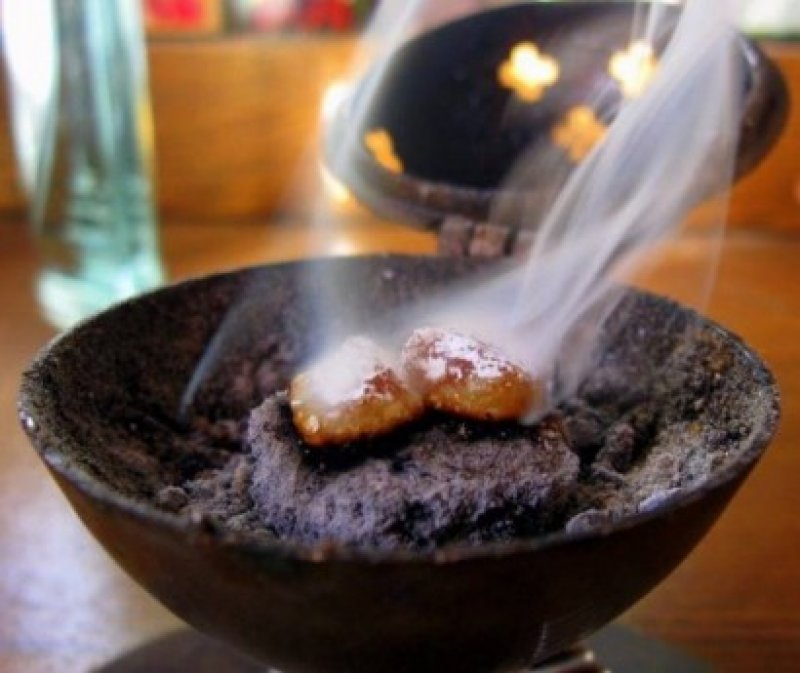
Incense smoke contains chemical properties that could potentially change genetic material such as DNA and therefore cause mutations. The burning of incense might need to come with a health warning, researchers said. This follows the first study evaluating the health risks associated with its indoor use.
Incense burning is a traditional and common practice in many families and in most temples. It is not only used for religious purposes, but also because of its pleasant smell.
During the burning process, particle matter is released into the air.
This can be breathed in and trapped in the lungs, and is known to cause an inflammatory reaction. Not much research has been done on incense as a source of air pollution, although it has been linked to the development of lung cancer, childhood leukaemia and brain tumours, researchers said.
Two types of incense were tested. Both contained agarwood and sandalwood, which are among the most common ingredients used to make this product.
Incense smoke was found to be mutagenic, meaning that it contains chemical properties that could potentially change genetic material such as DNA, and therefore cause mutations. It was also more cytotoxic and genotoxic than the cigarette used in the study.